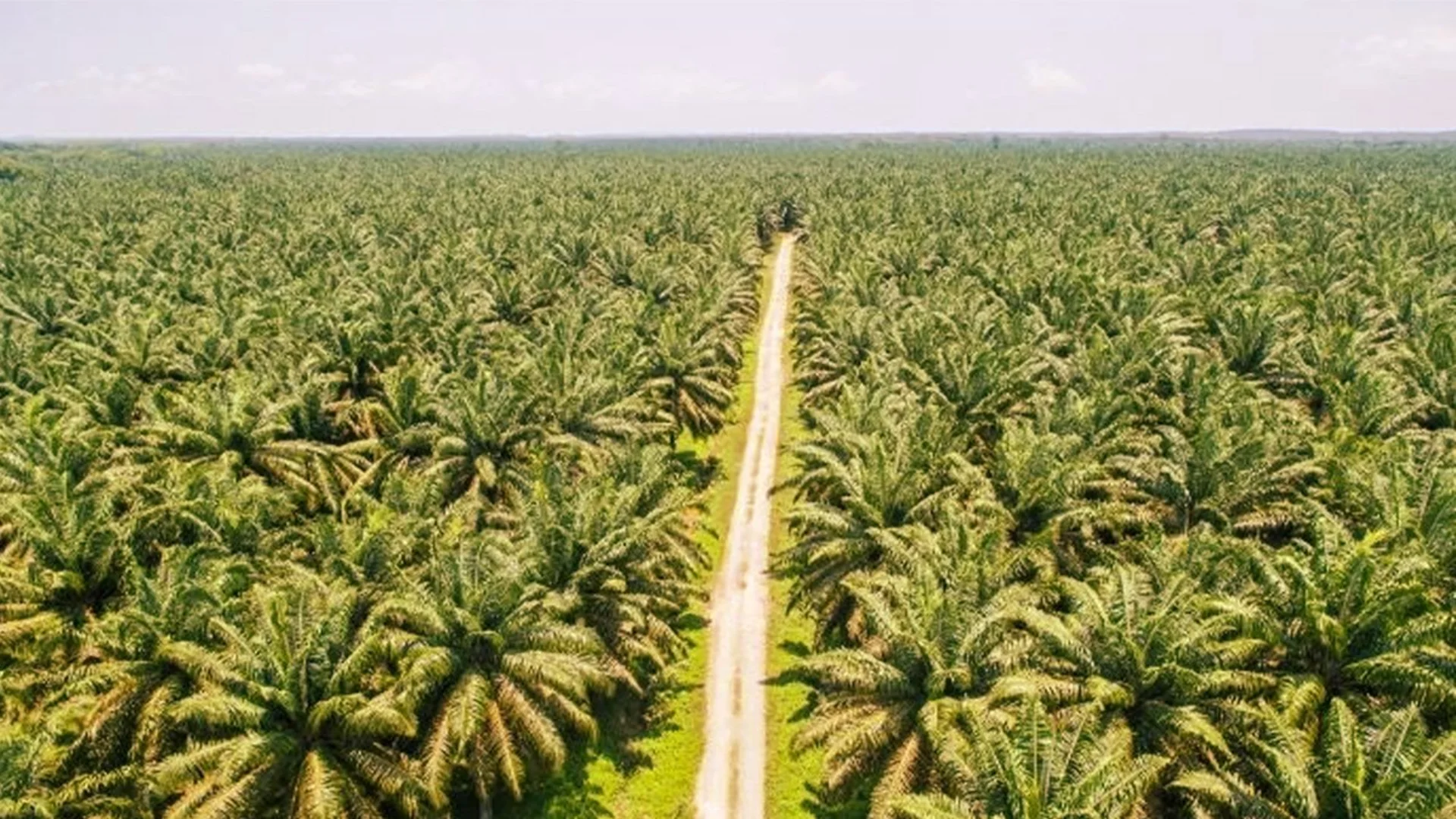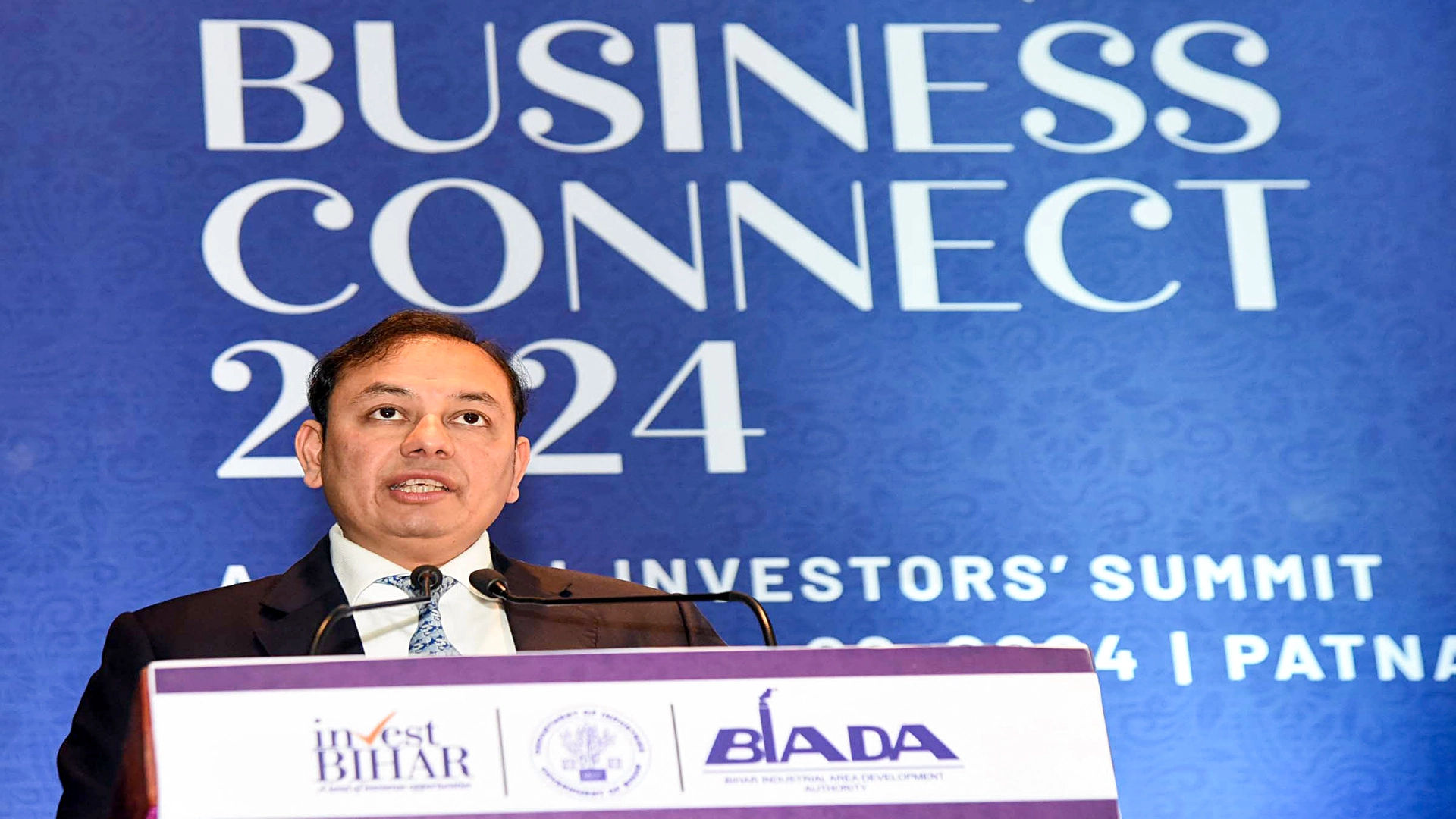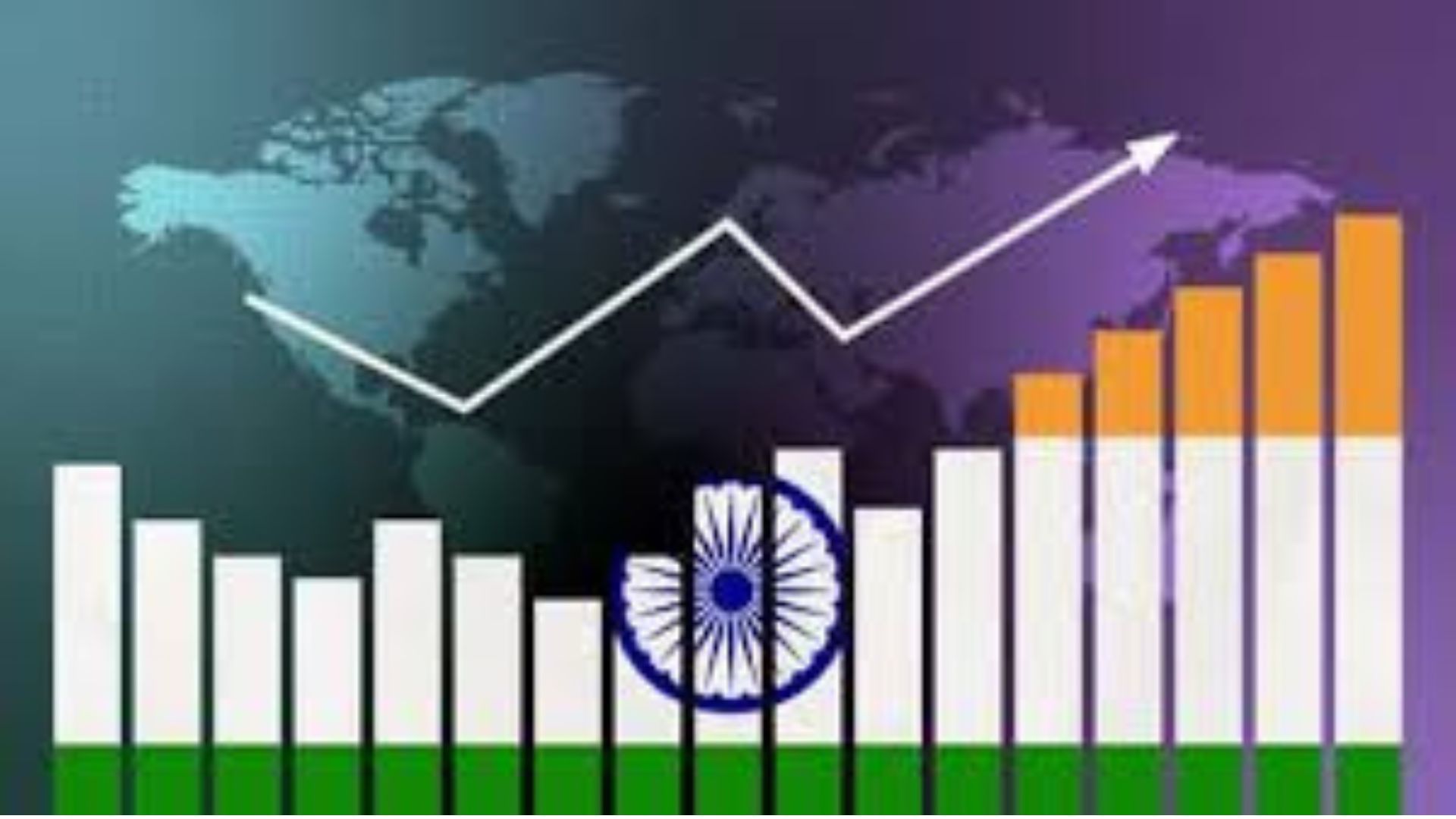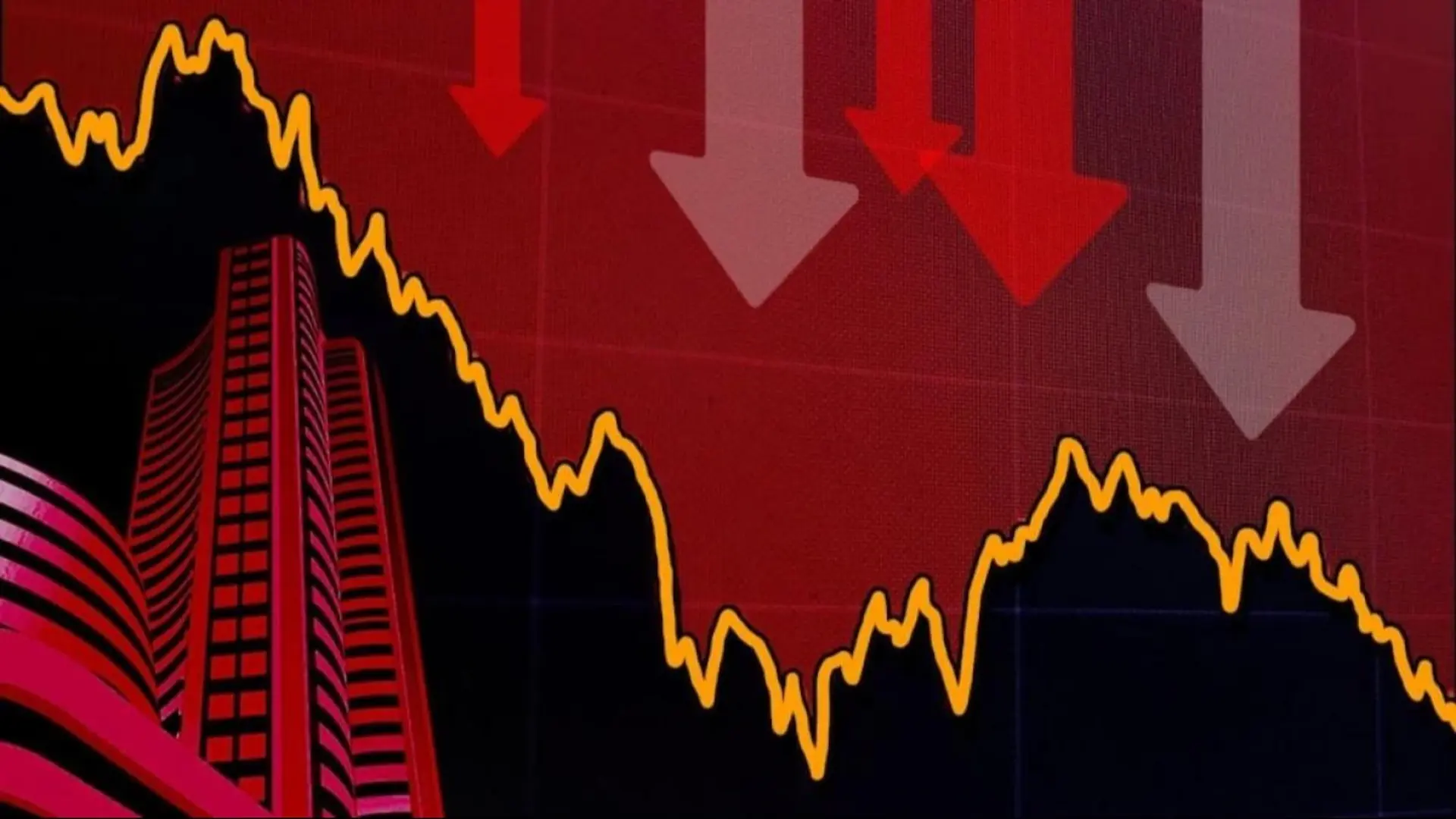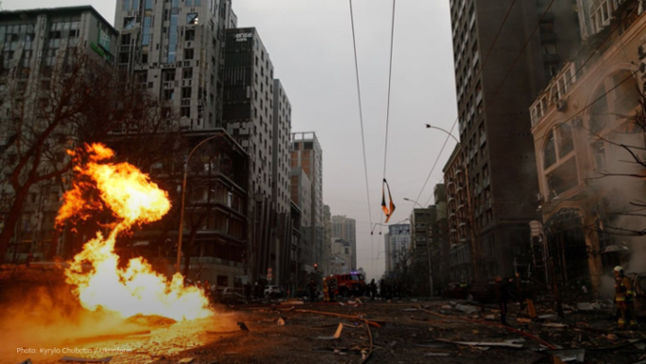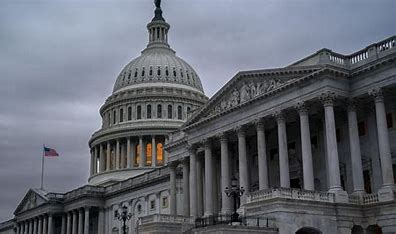Gujarat government has alloted Godrej Agrovet lands in three districts for the expansion of oil palm cultivation under the palm oil mission.
Those three districts are Vadodara, Surat, and Tapi, the company informed stock exchanges in a filing late on Saturday. The filing didn’t elaborate further details about the allotment of land.
India is the world’s second-largest consumer and number one vegetable oil importer, and it meets 60 per cent of its need through imports. A large part of it is palm oil and its derivatives, which are imported from Indonesia and Malaysia.
Although oilseed production in India has grown over the years, the production has lagged behind its consumption, resulting in continuous dependence on imports.
The company Godrej Agrovert has an expertise of more than three decades in the oil palm business.
Last year, Godrej Agrovet was allotted about 47,000 acres of land in Sangareddy district in Telangana for oil palm plantation. Godrej Agrovet had inaugurated an edible oil refinery at Chintalapudi in the Eluru district.
The central government launched the National Mission for Edible Oils – Oil Palm (NMEO-OP) in August 2021. The mission is committed to escalating oil palm cultivation and elevating Crude Palm Oil production to 11.20 lakh tonnes by 2025-26.
Also read: Delhi Polls 2025: Two Kasturba Nagar BJP leaders Join AAP, Will Contest From Same Seat
The scheme is presently operational in several states nationwide, covering a potential area of 21.75 lakh hectares.
The Oil Palm Mission has been designed to promote oil palm in new geographies, providing end-to-end support to farmers in terms of assistance in planting material, assured buyback from private players involved, and protecting the farmers from the global price volatility in oil palm by providing viability gap payment (VGP) to hedge farmers’ risk.

